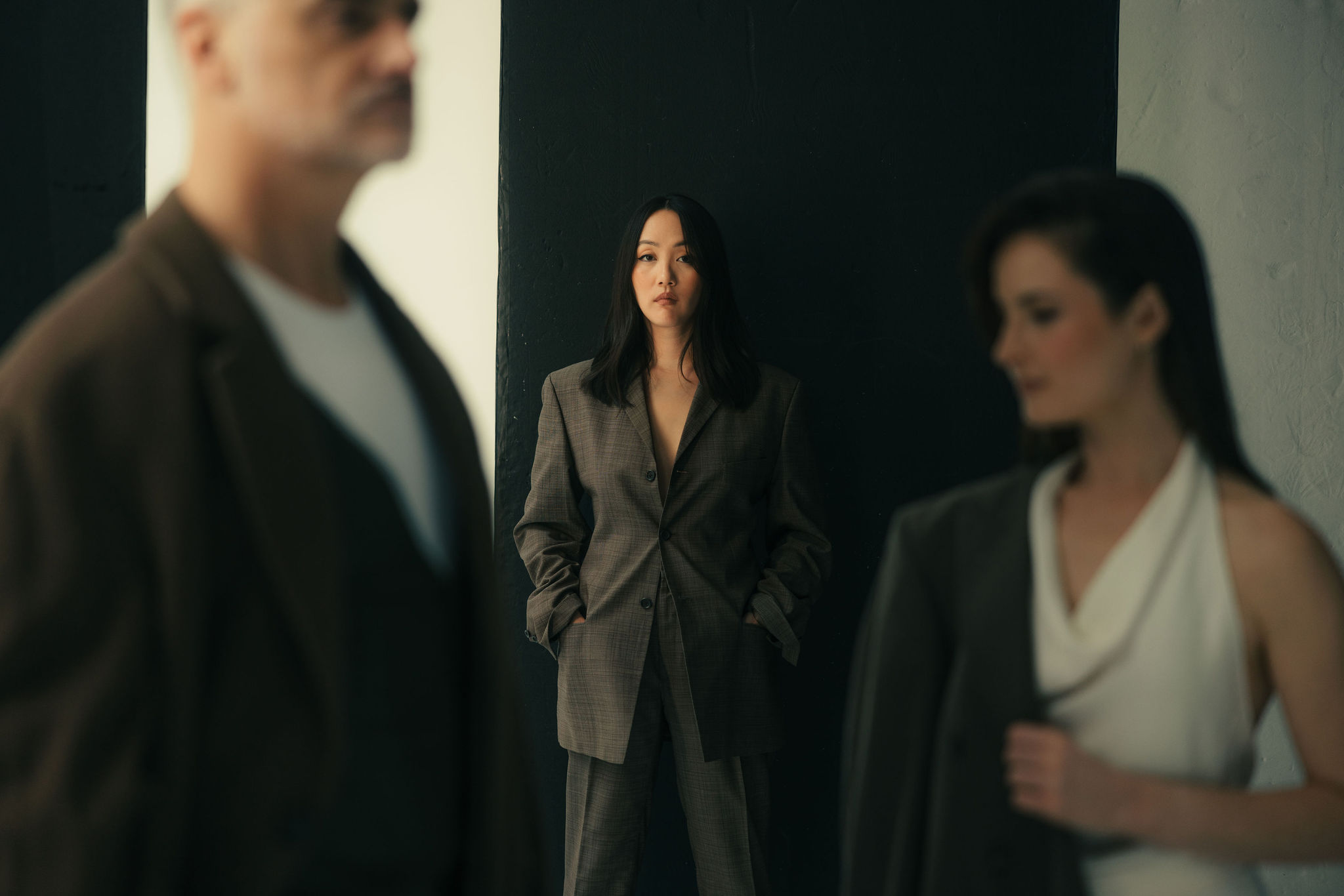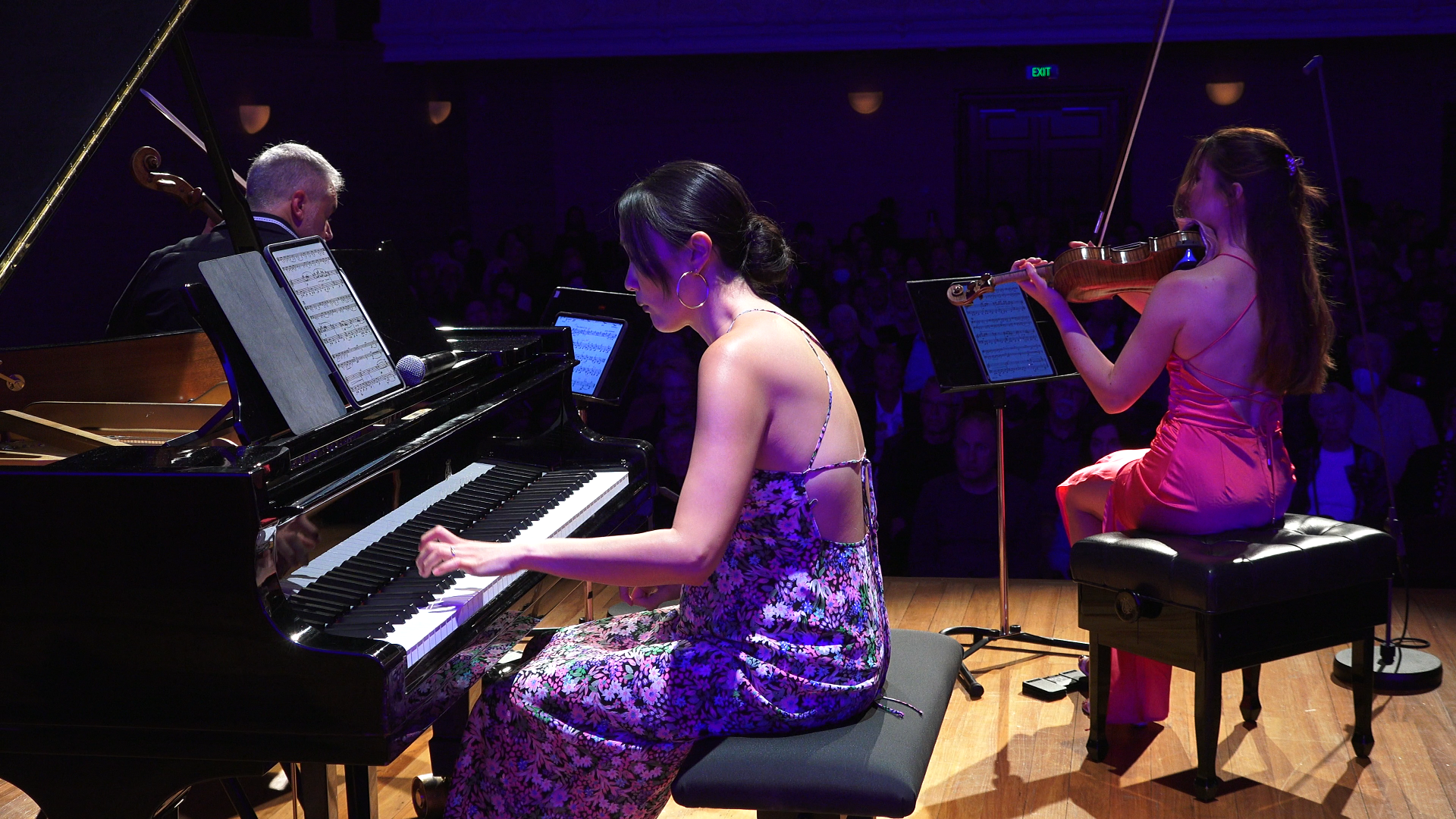At the outset, I must say, this was a superb concert – cleverly constructed, beautifully balanced and wonderfully well played.
We all know just what a fine piano trio NZTrio has become over the years, but I have never heard them play better than here, and their partnership with brilliant young British clarinettist Julian Bliss gave us a concert worth travelling for.
. . .This was a performance that did full justice to Messiaen. All eight movements were miraculously recreated, but all in the audience would have been caught by the staggering clarinet playing in the solo Abyss for the birds, the rapt cello playing with equally rapt support from the piano in In praise of the eternity of Jesus and the soaring violin in the final In praise of the immortality of Jesus.
These moments transcended mere music making.
John Button, Dominion Post – 29 July 2016
At the outset, I must say, this was a superb concert – cleverly constructed, beautifully balanced and wonderfully well played.
We all know just what a fine piano trio NZTrio has become over the years, but I have never heard them play better than here, and their partnership with brilliant young British clarinettist Julian Bliss gave us a concert worth travelling for. Fortunately a good sized audience was on hand to enjoy the music making, and what music making it was!
The concert opened with the Brahms Clarinet trio, one of the magical late works Brahms wrote for the clarinet and immediately we heard the quality of Julian Bliss. Matched by his NZTrio partners, he caught the rich, autumnal quality of the piece to perfection. Ross Harris’ There may be light was commissioned for this tour; a beautifully understated piece whose spare, almost Webernesque textures and subtle colours somehow managed to link with main work on the programme – Messiaen’s Quartet for the End of Time.
The Messiaen work was composed in a prisoner-of-war camp and first performed to 400 prisoners and guards in 1941. Performed on decrepit instruments outdoors in the rain, Messiaen said, “I was never listened to with such rapt attention and comprehension”. And, even under these seemingly impossible conditions, Messiaen managed not only to communicate the same mystically religious message we find in all his works, but compose one of the great works of the 20th Century as well.
This was a performance that did full justice to Messiaen. All eight movements were miraculously recreated, but all in the audience would have been caught by the staggering clarinet playing in the solo Abyss for the birds, the rapt cello playing with equally rapt support from the piano in In praise of the eternity of Jesus and the soaring violin in the final In praise of the immortality of Jesus.
These moments transcended mere music making.
John Button, Dominion Post – 29 July 2016

